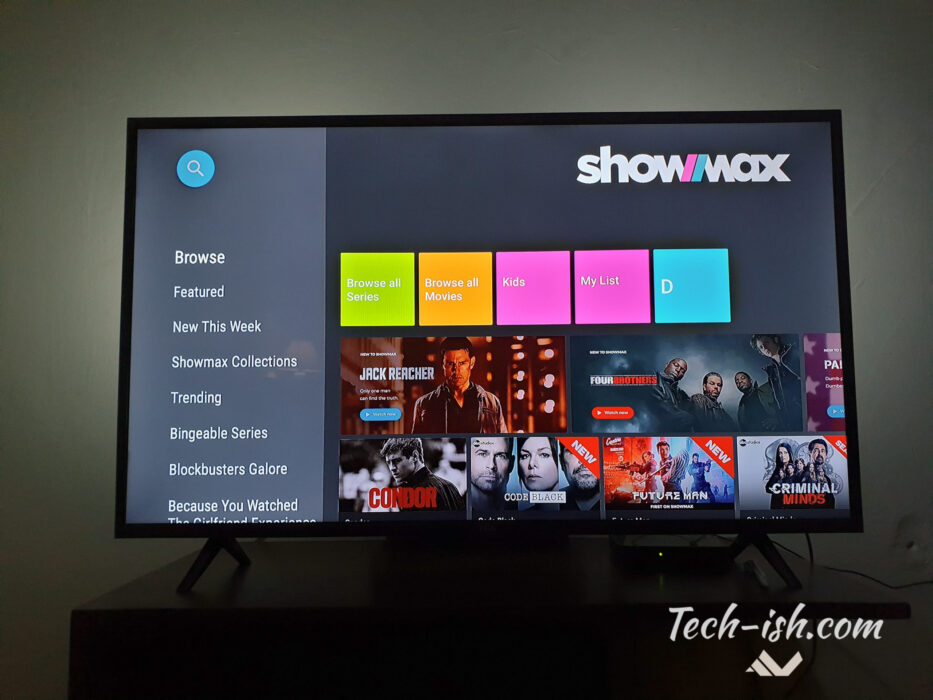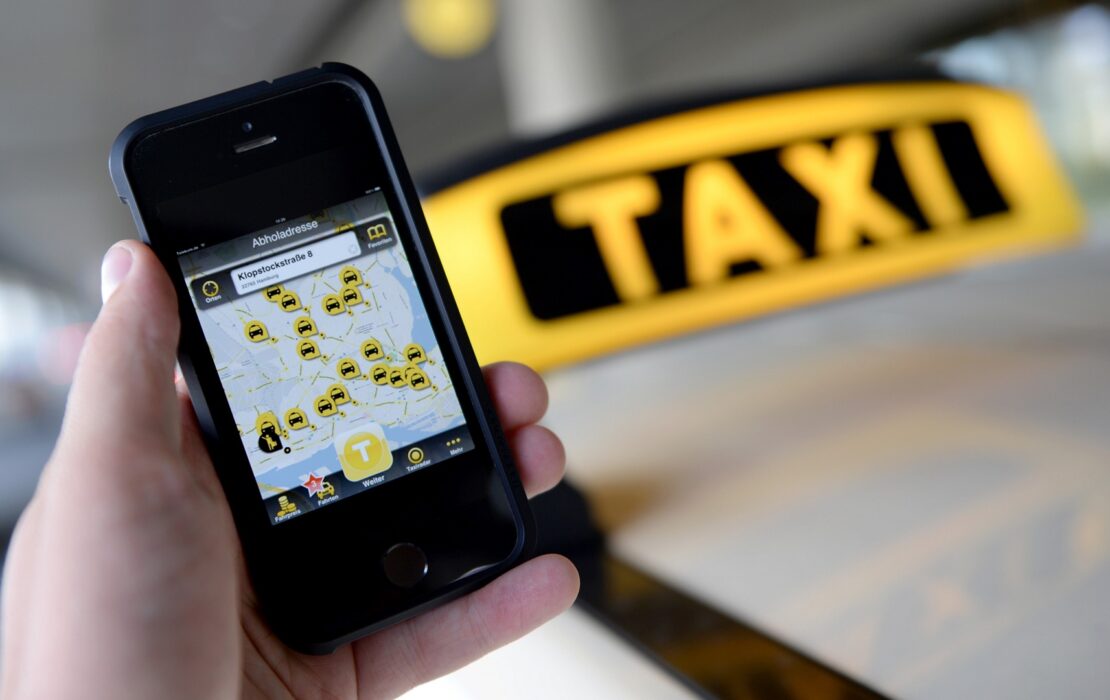
Spotify updated its Terms of Service about a month ago, and unless you’re the type who enjoys scrolling through endless legal documents for fun (no judgment if you are), you probably missed some pretty important changes.
Don’t worry, we did the digging so you don’t have to. And yes, these updates do affect how you use Spotify in Kenya and beyond. Let’s break it down.
1. Audiobooks officially join the party
Spotify has been flirting with audiobooks for a while now, but the new terms make it official: audiobooks are now explicitly listed as part of the “Content” available on Spotify. So it’s not just music and podcasts anymore. Your next binge could be a full novel, right inside the same green app.
It’s a small change on paper, but it signals how serious Spotify is about being more than just your music player.
2. The death of Spotify Unlimited
Remember the Spotify Unlimited plan? No? Don’t worry, you’re not alone. It was a relic from the early days, sitting somewhere between free and Premium. Well, Spotify has now quietly scrubbed any mention of it from the Terms of Service.
The section describing it has been completely deleted, confirming what we’ve known for years: Unlimited is dead, buried, and not coming back. Premium or free — those are your choices now.
3. Accounts must live where you live
Here’s the big one: Spotify now explicitly says your account must be created in your country of residence, and you’ll only get access to the version of Spotify available there. That means if you live in Kenya, your Spotify account has to be Kenyan. No sneaky shortcuts to hop on a different region’s library.
This addition feels like Spotify tightening the screws on its global user base, ensuring you’re locked into the catalogue, features, and pricing of your home country.
4. A warning shot at VPN and mod users
Speaking of sneaky shortcuts… Spotify has also added a new clause under Price and Tax Changes. It basically says that the price you pay for Spotify is tied to the version offered in your country of residence. And you agree not to use any means to dodge that, whether that’s through VPNs, mods like ReVanced, or other hacks.
Translation: If you’ve been spoofing your location to pay cheaper subscription rates (say, using an Indian or Turkish account), or running a hacked APK for free Premium, Spotify is now making it crystal clear that you’re breaking their rules.
Will they hunt you down one by one? Probably not. But they’ve given themselves more legal ground to act against accounts doing this.
5. Your Spotify chats count as “User Content”
Spotify recently rolled out in-app messaging (because why wouldn’t your music app want to be a chat app too?). With that, the definition of “User Content” in the terms has been expanded to include messages and other communications. So, those cheeky links, playlist swaps, or rants about Drake’s new album that you send through Spotify? They now fall under Spotify’s content policies.
In short: your DMs aren’t private property. They’re subject to the same rules as playlists and uploads.
For most people in Kenya, these changes won’t change how you listen to music tomorrow. But if you’ve been:
- Using a VPN to access cheaper Premium prices,
- Running a modded version of Spotify, or
- Creating accounts outside Kenya for broader catalogue access…
Spotify’s terms are now firmly against you. And with audiobooks officially joining the mix, the company seems serious about keeping everything tidy under one global rulebook.
On the surface, these tweaks look minor, but they’re part of a bigger push: Spotify is locking users into their home regions and cutting off loopholes. That might annoy some bargain hunters, but it also means more localized pricing, catalogues, and (hopefully) features tailored to markets like Kenya.
For now, just make sure your account is set up in your actual country of residence. Otherwise, Spotify might not sing along when the next crackdown rolls out.






